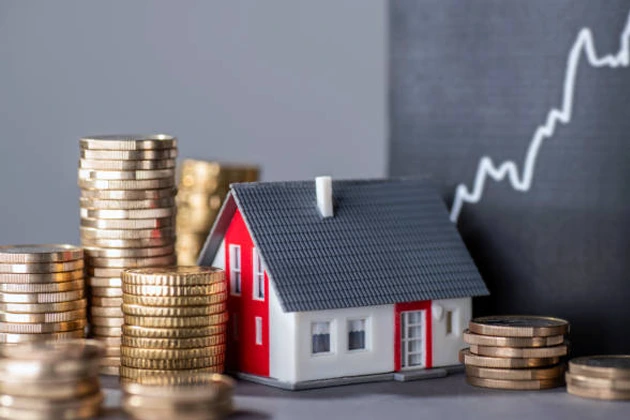Investment properties are a great way to generate income, and you can approach them in several different ways. After you fix the property, you can rent and keep it, or you can sell it and reap the immediate profits.
It’s important to make the right choice for you, and here are four considerations to help you decide if you want to rent or flip a home.
1. Return on Investment
If you want to generate a profit quickly, then you may choose to flip the home. You can purchase many homes at a low cost, especially at bank auctions and foreclosures. Savvy DIYers can complete renovations and turn around and sell it at a profit. If housing inventory in your area is low and in demand, the home can sell quickly.
However, fixing the property may be your best bet to generate long-term income. You can make the same renovations, but you will rent the property out instead of selling it. You can recover your renovation costs, and the property will eventually yield pure profit once the mortgage is paid off.
Investment properties are fantastic for those who want to create generational wealth. Properties are often passed down from family member to family member. The mortgage is paid off, and the income generated from the building is pure profit. As long as you set some money aside to pay taxes and cover maintenance each month, investment properties are a stable income source that can yield dividends.
2. Financing
Your financing depends on what you want to do with the property. Debt Service Coverage Ratio Loans are an excellent choice for those looking for investment properties. While the lenders consider your credit score and income stream, the potential revenue from the building is more important. It needs to cover the mortgage, insurance, and property tasks while still generating a profit.
Let’s explore this in practice in West Virginia. You may look to secure a rental property get a $200,000 Debt Service Coverage Ratio loan in West Virginia. Your total expenses are $3,000 each month, and if you need a 1.25 DSCR ratio, you need to bring in at least $3,750 in rental income.
DSCR loans do not apply to investors who want to flip houses. They may choose to get hard money loans or conventional loans to finance their investment. Typically, you’ll need about 10 percent down and have money available to make any improvements. Once the home is sold, the mortgage balance is quickly settled with the proceeds. Everything left over is profit. Many take that to invest in their next home, while others use it as income.
3. Involvement
Consider how involved you want to be in day-to-day property management. For flippers, their involvement ends the moment the buyer closes on the sale. If there are issues with the property, they are not responsible for fixing them. The profit they get from the sale of the home will remain consistent. Of course, they may provide their contact information to the buyers if they have questions, but they are not required to. Flippers have no obligation to the new homeowners.
On the contrary, landlords are responsible for maintaining the property. Their tenants contact them with issues, and the landlord will need to fix them. Common problems like leaking plumbing, broken appliances, and water damage can cost landlords a lot of money to fix. These issues can eat into your monthly profit.
Many investors choose to hire property managers. These individuals handle routine building maintenance and are often paid a salary or receive reduced rent for their services. Well-maintained properties should not require much involvement; however, this varies depending on the property’s age, appliance condition, and other factors.
4. Market State
Do your research when considering investment properties. Understand the area’s current real estate market and how it compares to previous years. Although the market can be volatile, the United States housing market has steadily increased over the last few years. London’s real estate scenario is somewhat the same. Here, the market is relatively stable with real estate agents like Lint Group leading the sector with exceptional flipping and renting services.
Today’s profit may be significantly less than if you were to hold onto it for a few years and sell it. The opposite can also be true. If the market crashes, you may not be able to make a positive return on your investment. You can help mitigate these risks by consulting with a real estate professional and understanding the current trends.
Neighborhoods can also change, impacting the profitability of your investment. Consider what areas are being developed, where industries are adding resources, and where access to public transportation is increasing. These can all indicate that a neighborhood will grow in profitability. If you are patient, you may be able to make a more significant profit by renting.
Conclusion
The decision to flip or fix is a personal one based on your ultimate financial goals. If you want to profit now, flipping a home may be your best bet. Renting the property will be best for those willing to wait to play the long game. You can generate a better return in the long term with this strategy.










